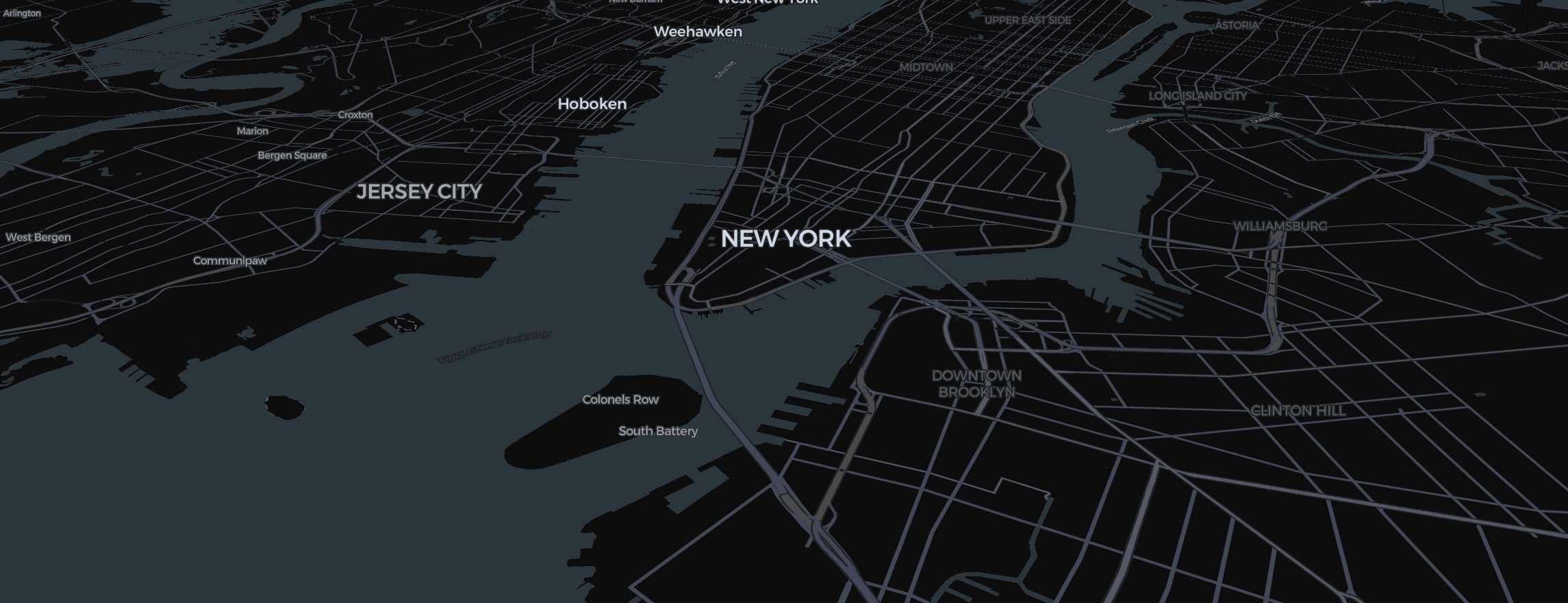January 29, 2026 · 1 min read
Designing data-driven map narratives
A behind-the-scenes look at how creative teams storyboard geographic stories before animation begins.

Great map animations begin with a clear storyline. Before touching the timeline, teams map the journey, decide which locations matter, and align on the key beats they want viewers to remember.
Start with audience intent
Clarify who will watch the animation and why they care. A logistics team needs precise waypoints, while a travel vlogger wants emotional beats. These details drive the pacing of each sequence.
Layer context around each location
Pair every stop on the journey with contextual data - population, time, weather, or historical notes. These cues inform what should be highlighted on screen and which annotations to add.
- Capture the rough path as a storyboard before plotting coordinates.
- Bucket each scene into setup, escalation, or payoff to avoid pacing stalls.
- Document the primary emotion for viewers at each beat and design visuals accordingly.
With the narrative nailed, animators can move rapidly inside Mapimator - keyframes become tactical decisions, not guesswork.